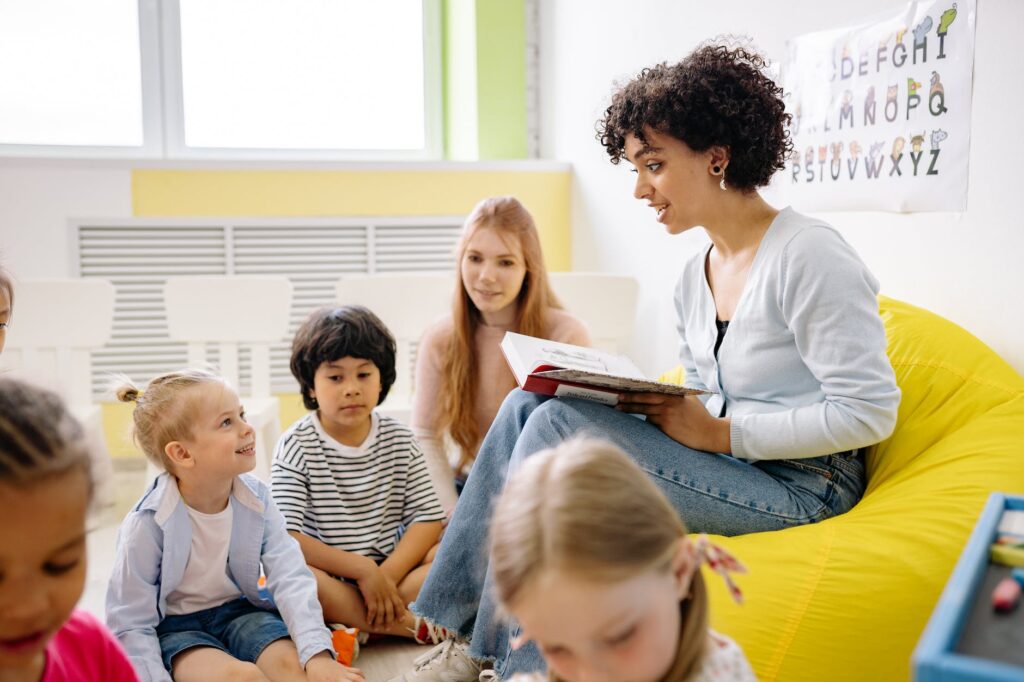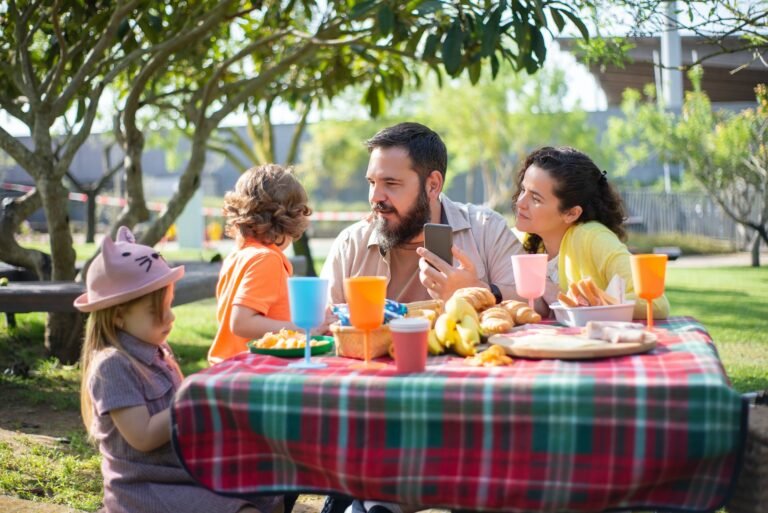As parents, we focus on teaching kids many important life skills and lessons to prepare them for the future. Do we consider it a priority to teach young children, to value the inherent dignity of every person?
As you look around the world, be it in rush-hour traffic, when standing in queues, ordering food, or people taking selfies anywhere, do you observe increasing frustration, ignorance, and disrespect towards other human beings over time? Are people being used and devices or brands being honored in the present age?
Many a time, a little patience, a gentle smile, a simple apology, or a moment of silence is sufficient to honor human dignity. But are today’s youngsters aware of such dignified behavior? Are children in modern families taught how to treat people when they go out in the larger community or society where people come from different walks of life?
Teaching Kids

Teaching kids early in life to respect and love themselves and others, helps them resonate better with the situations of people around them. As they grow up, it becomes possible for them and those around them to feel safe and respected, which is essential to live a dignified life.
Upbringing, education, social influence, and life experiences are some of the major factors that influence people’s attitudes toward life and the world around them. Attitudes formed early in life are difficult to change and become a part of one’s life. This makes it crucial to be careful with what we teach our kids as they grow up absorbing what is fed to their minds, and it immensely contributes to the kind of adults they become.
Being a role model

How do you behave when frustrated or upset? Do you stay calm, breathe, and wait for the right moment to respond, or get impulsive, and engage in yelling, screaming, cursing, or being violent?
When we teach our kids morals and values, being mindful of our behavior is of utmost importance as kids emulate us, which causes them to respond as parents do and not based on what they were taught. If children find restlessness and impulsive behavior at home often, it influences their attitude through the phases of growing up, leading to a negative attitude toward life and people.
When kids can relate to the values learned with what they see at home, it becomes easy for them to grow with emotional well-being and develop a positive attitude toward life and people. Teaching kids positivity and mindfulness requires us to practice the same and be role models for the next generation.
Being careful while using media as adults is important, especially when kids are around. Watching movies, news, or reels that could expose kids to abusive language, violence, hatred, and negativity is harmful to their young minds.
Fostering relationships

In a busy world, spending time with kids could seem challenging. As parents strongly influence the upbringing of children, it is imperative that they make time for kids and focus on positive parenting.
Being engrossed in one’s own space makes the person unaware of the reality of the world around him/her. It is necessary to allow kids to get out of their space and meet people from different cultures, but be careful not to force them or make them uncomfortable. It helps children understand that although people are different, they can get along and respect each other.
Allowing kids to meet and spend time with grandparents, extended family, neighbors, and friends with a planned schedule helps them learn to connect better with people from different generations and cultures, and understand the importance of respecting human dignity.
Communication

Spending quality time with kids makes them feel valued. Appreciating, empathizing, apologizing, and guiding your kids with words and gestures motivates and encourages them to understand the value of celebrating and maintaining relationships with open communication and respect.
Setting aside a few minutes to communicate with your kids and listen to them is a beautiful way of teaching kids to nurture human connections despite the noise of everyday life.
It helps them learn the value of empathizing, being mindful, and connecting with people without getting entirely engrossed in the virtual world with their devices.
Human Dignity

May our differences not stir up division, hatred, and intolerance in a world full of diversity and uniqueness. Let us strive to store good things in our children’s hearts so that they do what is pleasing to the creator, upholding virtues, and respecting human dignity without giving in to peer pressure or negative social influences that lead to divisiveness and destruction.
Let our words and actions as parents inspire our children to respond to people in need with love and kindness, value the inherent dignity of people from all walks of life, and be a blessing in the lives of those around them.





Excellent post! Especially these days too often there is a lack of respect for others in the world that is very sad. Thanks for discussing this topic it’s very much needed at the moment.
Thank you!
Yes, it’s time to reflect on ways to honor human dignity and set good example for the younger generation.
This is such a great, straight to the point post on the practical and beautiful values that all children should be brought up with. Thank you for bringing respect to the forefront.
Thank you!
Respect builds relationships and helps people connect better.
Pingback: Teach Kids To Respect Human Dignity – Natural Goodness